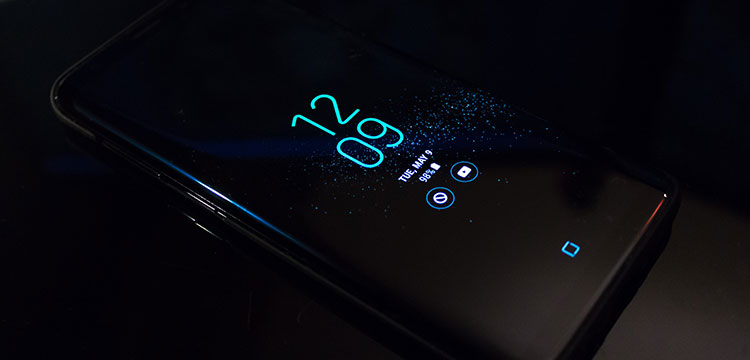Supreme Court Allows Police Ability to Search Cell Phones

The police have a common law power to search incident to a lawful arrest. Does this power permit the search of cell phones and similar devices found on the suspect?
In R. v. Fearon, The Supreme Court of Canada ruled that it does, provided the arrest is lawful and the search is truly incident to the arrest. In order for a search to be truly incidental to arrest, the police must have a reason based on a valid law enforcement purpose to conduct the search, and that reason must be objectively reasonable. Valid law enforcement purposes include protecting the police, the accused or the public, and preserving or discovering evidence.
A cell phone search will comply with the provisions of the Canadian Charter of Rights and Freedoms that prohibit unlawful search and seizure where the nature and extent of the search are tailored to the purpose of the search, and the police take detailed notes of what they have examined on the device and how it was searched.
The Supreme Court decision does not give the police an unfettered right to search the contents of a cell phone. The police must be able to articulate the purpose of the search. This decision is bound to have a significant impact on Canadians, given the widespread use of smart phones.
For more information about your rights during an arrest, contact the experienced criminal lawyer James Zegers.

